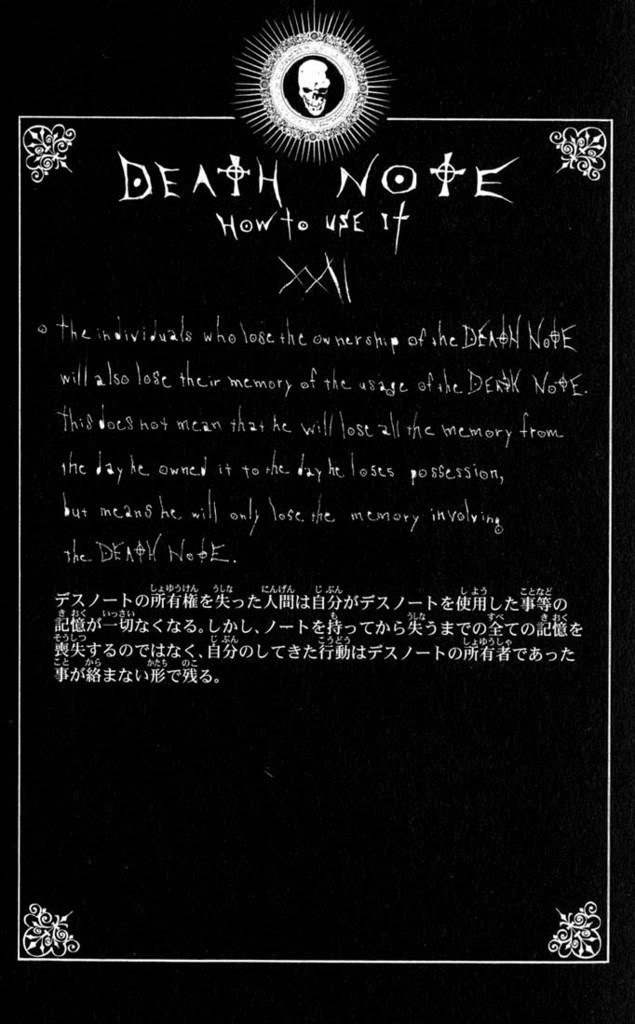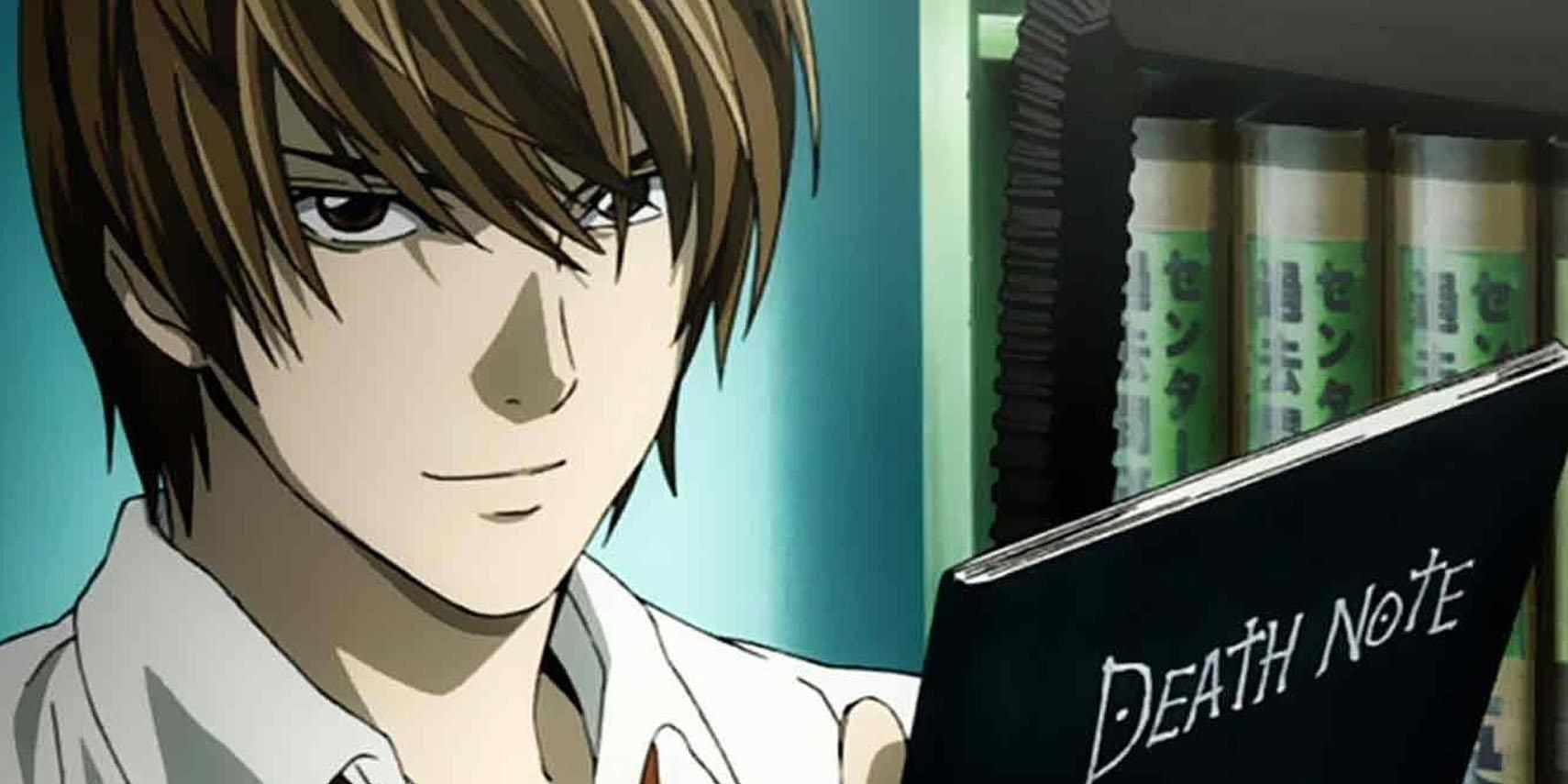

It was almost like, not exactly cheating, but if you have a strong stone, scissors, paper rule, and someone plays just like a little tenth of a second later, then he always wins.



However, in the manga, as the story progressed, they added rules, they kind of bent it every now and then. Shusuke Kaneko (via translator): The hardest part of making the movie was that the holder of the original copyright gave him a condition: He could not change the rules of the Death Note. Were you required to follow the plot of the manga precisely? premiere tonight at the Japan Society, as part of the New York Asian Film Festival. Picked up by Warner Brothers, they’re due to be released in the United States soon we caught up with the director, Shusuke Kaneko (and his translator, who likes to speak about Kaneko in the third person), as he arrived in New York for their U.S. They went on to break opening-weekend records in Hong Kong as well. 1 at the Japanese box office, the first knocking The Da Vinci Code out of the top spot along the way. Observed by the Death God whose notebook he found, and constrained by a rather byzantine system of rules printed on the inside cover, the idealistic but flawed hero Light immediately begins to write down the names of unpunished criminals, in an attempt to single-handedly bring justice to an unjust world.īoth movies hit No. Based on the hugely popular manga series of the same name, they tell the story of a handsome young college student named Light Yagami who finds a magical notebook that strikes dead anyone whose name is written on its pages. The Japanese films Death Note and Death Note: The Last Name were released in Japan just a few months apart in 2006, Kill Bill style. Photo: Courtesy of Death Note Film Partners/Tsugumi Ohba and Takeshi Obata From left, Light Yagami and the God of Death in Death Note Kaneko.


 0 kommentar(er)
0 kommentar(er)
